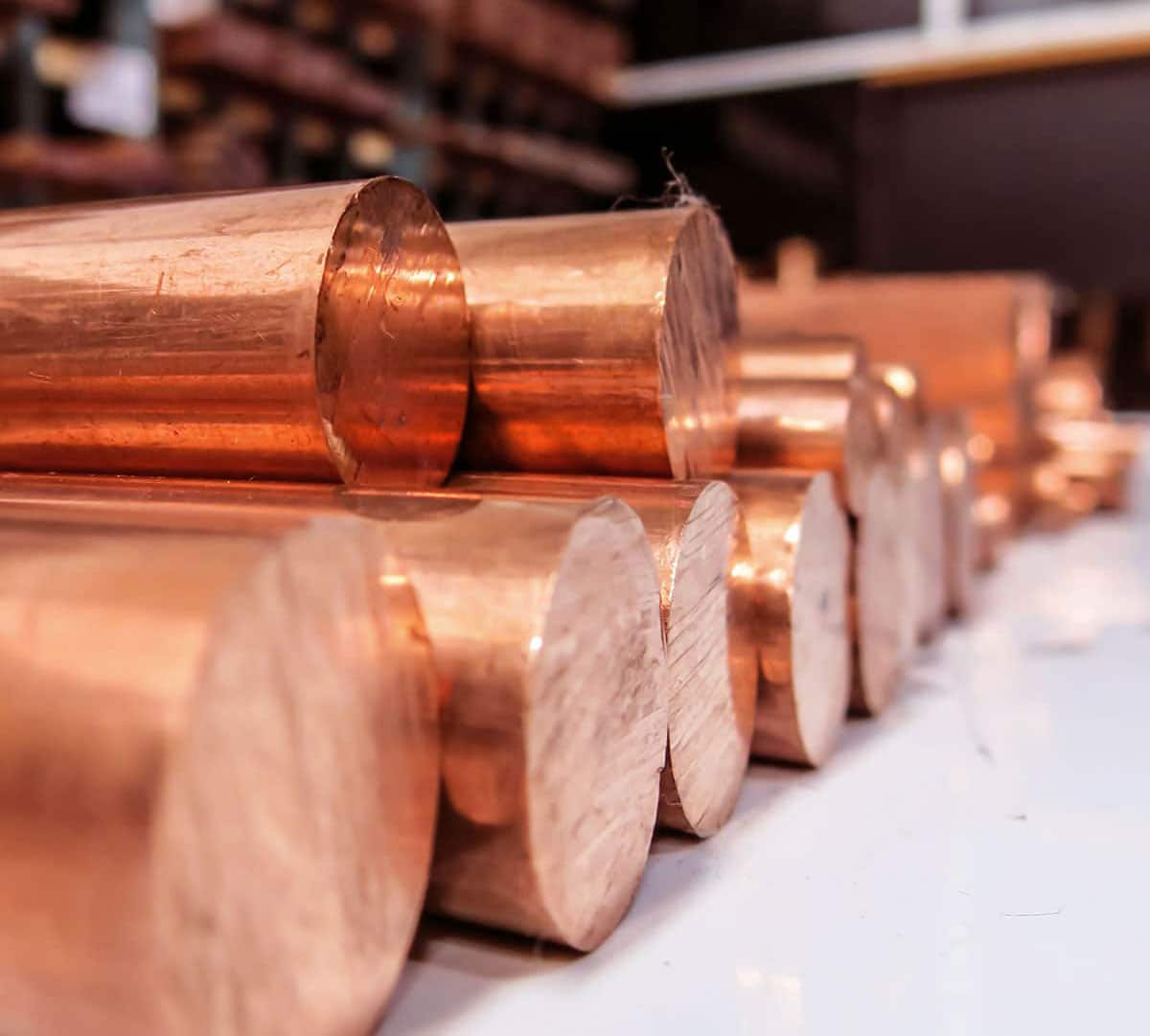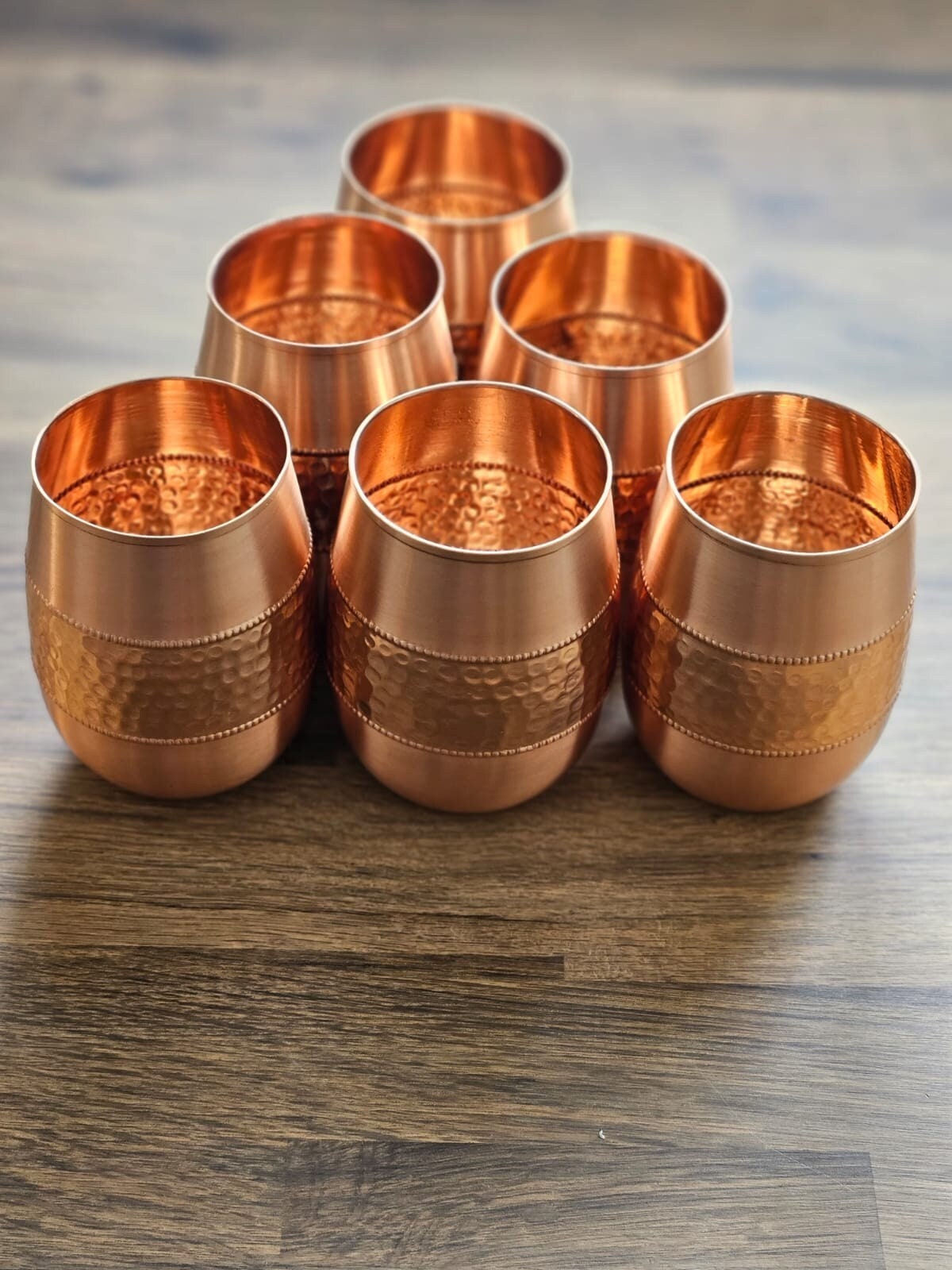Enhancing Your Kitchen Area with Premium Copper Products: Tips and Ideal Practices
Enhancing Your Kitchen Area with Premium Copper Products: Tips and Ideal Practices
Blog Article
Discovering the Diverse Applications of Copper Products in Modern Industries
From improving the performance of electrical systems to playing an important role in sustainable power innovations, the convenience of copper is obvious. As sectors increasingly focus on development and sustainability, the diverse applications of copper necessitate a closer examination, especially concerning their possible effect on future ecological techniques and technological innovations.
Electrical Applications of Copper
Copper is a crucial material in the electric industry, making up approximately 60% of the complete demand for non-ferrous metals internationally - Copper Products. Its premium electrical conductivity, which is virtually twice that of aluminum, makes it the recommended option for a large range of electrical applications. From circuitry systems in commercial and household structures to high-voltage power transmission lines, copper makes certain efficiency and reliability in power delivery
Along with wiring, copper is important to the manufacturing of electrical parts such as generators, transformers, and motors. These components leverage copper's thermal conductivity and malleability, essential for warm dissipation and efficient efficiency. Copper's resistance to deterioration boosts the lifespan and toughness of electric systems, making it a cost-efficient service in the long term.
The growth of eco-friendly power resources, such as solar and wind power, has actually additionally enhanced the demand for copper in electrical applications. As sectors shift in the direction of lasting power options, copper's role ends up being much more critical. On the whole, the adaptability and performance characteristics of copper solidify its condition as a foundation material within the electric market, driving technology and performance across different applications.
Plumbing and Piping Solutions
In modern pipes systems, the choice of materials dramatically impacts both functionality and long life. Copper has become a preferred choice as a result of its one-of-a-kind homes, including corrosion resistance and antimicrobial characteristics. These attributes ensure that copper piping continues to be risk-free and sturdy for transferring drinkable water, an essential consideration in residential and industrial applications.
One of the vital advantages of copper in plumbing is its capacity to withstand heats and stress, making it suitable for a variety of applications, from warm water systems to heating and cooling networks. Additionally, copper's versatility permits simpler installment in complex piping layouts, minimizing the risk of leaks and failures.
An additional noteworthy benefit is copper's lengthy life-span, commonly surpassing half a century with proper upkeep. This longevity not just minimizes substitute costs but likewise adds to lasting techniques by lowering waste. In addition, copper's recyclability aligns with contemporary ecological requirements, promoting a circular economy within the pipes market.
Copper in Renewable Energy
The convenience of copper prolongs beyond pipes applications, playing a vital duty in the eco-friendly energy field. Its excellent electrical and thermal conductivity makes it an important product in the production and circulation of renewable resource resources, especially solar and wind power. In solar panels, copper is utilized in solar cells and electrical wiring, helping with reliable energy conversion and transmission. Its resistance to corrosion makes Full Article certain durable performance, which is critical for maximizing power outcome with time.

In addition, as the global demand for electric automobiles (EVs) rises, copper's duty in battery systems and billing framework ends up being much more substantial. The product's capacity to carry out electrical energy efficiently is integral to the efficiency of EV batteries, enhancing range and charging speed.
Copper's Duty in Electronics
Electronic devices making counts greatly on copper's phenomenal properties, specifically its high electric conductivity and thermal efficiency. These characteristics make copper a perfect choice for a wide variety of electronic components, including adapters, circuit card, and electrical wiring. The steel's ability to efficiently transmit electric signals makes certain minimal power loss, which is essential in high-performance digital tools.
Additionally, copper's thermal conductivity plays a significant duty in warm dissipation, protecting delicate elements from overheating. This is particularly essential in modern electronic devices, where portable layouts cause enhanced warmth generation. Copper is also preferred for its malleability and ductility, allowing it to be conveniently formed right into detailed styles that satisfy the demands of innovative digital applications.
With the surge of consumer electronic devices, telecommunications, and electrical vehicles, the need for copper in the electronic devices market proceeds to grow. Therefore, copper stays a keystone material in the ever-expanding area of electronics.
Cutting-edge Uses in Manufacturing

One remarkable application is in additive production, where copper-based products are employed in 3D printing procedures. This permits the development of light-weight elements and intricate geometries, particularly in the aerospace and automobile here sectors. Additionally, copper's thermal conductivity makes it an ideal choice for warmth exchangers, enhancing efficiency in commercial cooling systems.
In addition, the surge of smart production has seen the unification of copper in IoT devices, where its conductive capacities support innovative noticing modern technologies. In the world of eco-friendly power, copper is pivotal in the production of photovoltaic panels and wind turbines, facilitating much more effective energy conversion and circulation.
As markets pursue sustainability and development, copper's convenience and efficiency remain to place it as a crucial product, driving improvements in production and adding to the advancement address of smarter, much more efficient items.
Final Thought
In recap, copper items show impressive flexibility across various modern sectors. Copper Products. Their premium conductivity improves electrical applications, while corrosion resistance ensures dependability in pipes. The essential duty of copper in sustainable energy and its necessary feature in electronics highlight its value ahead of time sustainable practices. In addition, innovative usages in manufacturing emphasize copper's flexibility and sustaining importance. Collectively, these applications show copper's essential payment to technological progression and industrial effectiveness in modern society.
From improving the effectiveness of electrical systems to playing a crucial function in eco-friendly power technologies, the convenience of copper is obvious. As markets significantly focus on technology and sustainability, the diverse applications of copper warrant a closer evaluation, especially regarding their potential influence on future technological improvements and environmental techniques.
The growth of eco-friendly power resources, such as solar and wind power, has actually additionally increased the need for copper in electrical applications. In general, the versatility and performance attributes of copper strengthen its status as a foundation material within the electrical market, driving innovation and effectiveness across numerous applications.
The versatility of copper expands beyond plumbing applications, playing an essential function in the sustainable power market.
Report this page